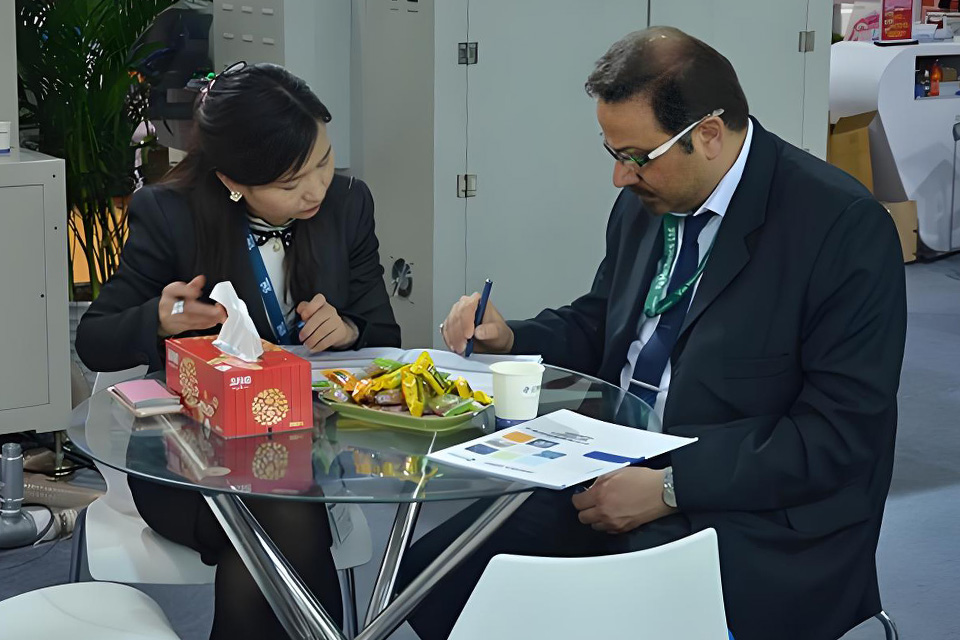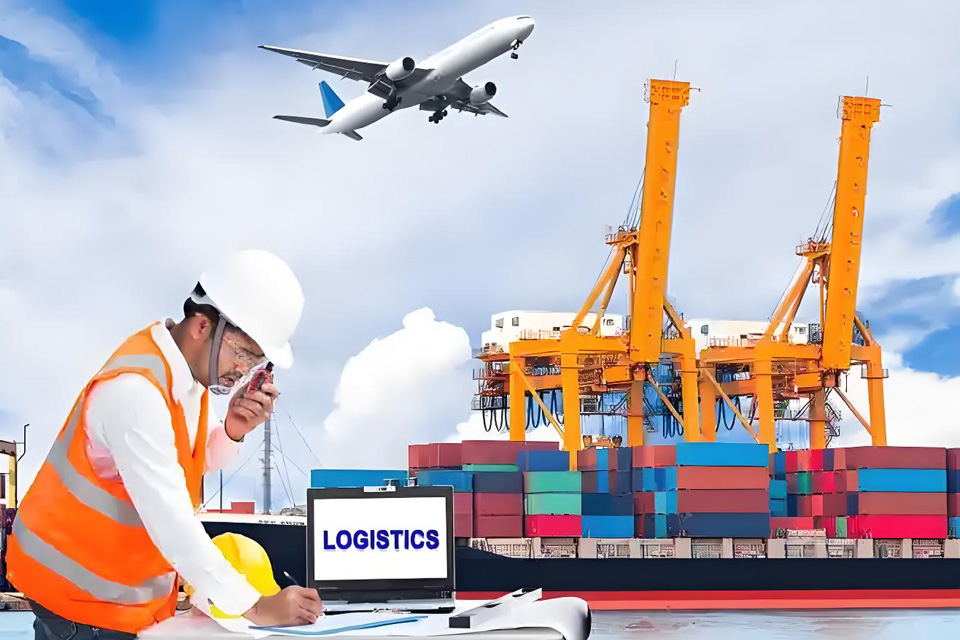Introduction
On the stage of global trade, various business entities play different roles and jointly promote the cross-border flow of goods. In the field of international trade, importers are often mentioned by two concepts, but their duties and operating regimes differ significantly. Simply put, importers are business entities that buy goods from foreign suppliers and represent these goods in their own country for sale. Own imported goods and bear appropriate financial risks and obligations and eventually make profits through an independent price.
In contrast, agents. Agents are more like middlemen or bridges. They accept the commission of suppliers or buyers, conduct business activities on their behalf, and facilitate the conclusion of transactions. However, unlike importers, agents usually do not own the goods during the transaction process, nor do they directly set the sales price of the goods. Their main income comes from the commission generated by the services they provide.
Understanding the key differences between importers and agents is essential for companies to plan to participate in international trade. The selection of the right partnership model will directly affect the company’s operating model, risk, profit source and control over the entire supply chain.
What is an importer
Buying and Selling
The main feature of importers is that they are directly involved in the process of purchasing and selling goods. They buy goods from foreign suppliers, acquire these goods, then transport these goods to their own country and eventually sell them to home customers. This process includes a number of links such as capital investment, inventory management and market sales. As the owner of the goods, the importer has the right to destroy the goods and can decide on the method of selling and channel of goods according to the market demand and own business strategy.
Risks and Responsibilities
As the owner of the goods, the importer has different financial risks caused by the purchase and possession of inventories. This includes the risk of unauthorized goods due to changes in the market demand, the costs of storage and management caused by pending stocks and losses caused by damaged or outdated goods. In addition, importers are fully responsible for all aspects of the entire import process, including communication and coordination with foreign suppliers, signing contracts, international transport, solving procedures for check -in, paying the relevant tariffs and taxes and solving possible traffic delays, damage or lost goods. The smooth progress of the entire import process is directly related to the cost control and the implementation of the importer’s profit.
Independent Pricing
Importers have the right to separately set prices of goods they import. They will determine the final selling price on the basis of factors, such as their own costs of awarding orders, operating costs, market demand, price levels of competition and expected profit margins. Through flexible price strategies, importers can maximize their profit goals. However, too high prices can affect sales and too low price does not have to cover costs. Therefore, the determination of a reasonable selling price is an important decision that the importer must carefully consider.
Example
The company based in Germany buys different styles of clothing directly from clothing factories in China, then transports this clothing to Germany by sea, deposits them in its own warehouses and sells them to German consumers through its physical stores and online sales platforms throughout Germany. This German society is a typical importer. Own ownership of this clothing, they carry all risks and obligations in the process of purchasing, transport and sales and decide on the sales price of clothing according to market conditions.
What is an agent
Facilitates Transactions Without Ownership:
The core function of an agent is to act as a representative of the buyer or seller (or both in some cases) to facilitate the completion of commodity transactions without owning the goods. They find potential buyers or sellers, communicate the needs of both parties, assist in price negotiations, and ultimately facilitate the signing of transaction contracts. The role of an agent is more like a middleman or broker. They provide professional services to help both parties find suitable partners and complete the transaction. Once the transaction is completed, the agent’s mission usually comes to an end, and they do not participate in subsequent cargo transportation, warehousing or sales.
Lower Risks and Responsibilities
Compared to importers who need to bear the risk of inventory and the entire import process, agents usually face much lower risks and responsibilities. Since they do not own the goods, they do not need to bear the financial burden of purchasing and holding inventory, nor are they directly responsible for the complex links such as transportation and customs clearance of goods. Their main responsibility is to conduct business activities on behalf of the principal diligently and conscientiously to facilitate the completion of transactions. Of course, agents also need to bear certain business risks, such as not being able to obtain commissions due to failure to successfully facilitate transactions, or losing customers due to service quality issues.
Commission-Based
The main source of income for agents is the commission earned from the services they provide. The calculation method of commission is usually determined as a certain percentage of the final transaction amount. This commission ratio will be clearly stipulated in the agency agreement and paid to the agent by the principal (usually the supplier or buyer, or the two parties negotiate to share) after the transaction is successful. The advantage of the commission system is that its income is directly related to the actual results of the transaction, which can motivate agents to actively facilitate transactions. The commission rate is affected by many factors, such as the scope of the agency service, the complexity of the transaction, the experience and reputation of the agent, and the market competition.
Example
A German company wants to purchase a batch of industrial parts from a specific manufacturer in China, but the company is not familiar with the Chinese market and the way to communicate with Chinese suppliers. At this time, they can entrust a purchasing agent located in China (also called an import agent because it purchases on behalf of German buyers). This agent is responsible for communicating with the Chinese manufacturer, understanding the detailed specifications and prices of the products, assisting the German company in price negotiations, and ultimately facilitating the signing of a purchase contract between the two parties. The agent does not own the parts throughout the process, and its income will be the commission received from the German company according to the agreed proportion based on the final purchase amount.
Summary of main differences
In order to understand the main differences between importers and agents more clearly, the following table makes a comparative summary:
| Characteristics | Importer | Agent |
|---|---|---|
| Ownership | Owns the goods | Does not own the goods |
| Buying and selling | Directly buys and sells | Facilitates buying and selling |
| Risk | Assumes financial risks | Lower risks |
| Inventory | Holds inventory | Usually does not hold inventory |
| Profit source | Profit from self-determined pricing | Earns commission |
| Responsibility | Responsible for the entire import process process) | Primarily responsible for facilitating transactions |
| Pricing power | Has independent pricing power | Usually not directly involved in pricing |
| Legal relationship | Direct buying and selling relationship with suppliers and customers | Represents the principal in transactions |
Role of China Purchasing Agents in China Agency Services
When carrying out an international business in China, importers can decide to work directly with Chinese manufacturers and suppliers and manage all links to the source on their own. However, as mentioned above, this approach often faces many challenges for companies that are not familiar with the Chinese market and the business environment. At this time, China agents play a major role as a special type of agent. Chinese agents are essentially agents who carry out the activities of sourcing in China on behalf of overseas buyers (ie potential importers). They accept commissions from overseas buyers to find suitable suppliers in China, negotiate prices, monitor the production process, carry out quality inspections, coordinate logistics and transport, and even managed some related export issues. The “Chinese agency” provides all key links to international orders aimed at helping an overseas buyer more efficiently and securely to buy goods from China.
Unlike traditional importers who directly purchase goods and then sell them, overseas buyers who use China purchasing agents do not directly own the goods purchased in China in most cases, at least before the goods are shipped. Purchasing agents are more about providing services and charging service fees (usually commissions), while the final transfer of ownership of goods occurs between overseas buyers and Chinese suppliers. Of course, in certain specific models of cooperation, the purchase agents can also buy goods in their own name for the comfort of operation and then sell them to overseas buyers, but this is still different from the independent operating model of the traditional importer.
Therefore, Chinese shopping agents are an important bridge connecting international importers and Chinese suppliers. The services of professional agencies that provide significantly reduce the threshold value and risks of overseas companies that buy in China, allowing more companies to benefit from cost and efficiency in China.
Which model to choose? Importer vs. Agent
When deciding to involve international trade, the company must carefully evaluate their own situation and goals to choose the most suitable model – whether to function directly as an importer or entrust to the agent to provide services.
Considerations for choosing the importer model
The company has sufficient financial strength and can bear the financial risks of purchasing and holding inventory. The company has a professional international business team, which is familiar with various aspects, such as import and export processes, customs and international logistics. The company has a depth understanding of the target market and can accurately understand market demand and formulate effective sales strategies. The company hopes to have full control over the pricing power and profit margin of the goods. The company is willing to invest time and energy to establish and maintain direct cooperation with foreign suppliers.
Considerations for choosing the agent model
The company hopes to reduce the initial capital investment and inventory risk. The company lacks in-depth understanding of the Chinese market or specific product areas. The company hopes to use the expertise and resources of agents to simplify the procurement process. The company hopes to save time and energy and focus on its core business. Companies are willing to pay a certain commission in exchange for the professional services and risk-taking of agents. Companies can focus more on the distribution and marketing of products and outsourcing process of entering public procurement for professional agencies.
Conclusion
The final choice depends on the specific situation of society, strategic goals, risk tolerance and need to control the market and supply chain. In some cases, companies can also accept a hybrid model such as direct acquisition as an importer in some product lines, while agents entrusting services in other areas. Understanding the basic differences between agents and importers, as well as the unique role of Chinese public procurement agencies in the Chinese agency’s system, is for companies that want to start or expand international trade. Wisely choosing the right cooperation model will help companies better achieve their business goals.





